In the legal profession, integrity and ethical conduct are fundamental principles that underpin the trust between attorneys and their clients. However, instances of legal malpractice can arise, leading to disputes and potential breaches of professional responsibility. As a Legal Malpractice & Professional Responsibility Lawyer, it is essential to analyze and understand cases like Gomberg Sharfman P.C. v. Thomas Kuznar (unfolded in the Illinois Appellate Court), where issues of fiduciary duty and damages calculation were at the forefront.
Case Overview
Gomberg Sharfman P.C. v. Thomas Kuznar is a notable legal malpractice case that highlights the importance of upholding fiduciary duties and ensuring transparency in attorney-client relationships. The case centered around allegations that Gomberg Sharfman breached its fiduciary duty to Mr. Kuznar by billing him for unauthorized charges related to legal research conducted on his behalf.
Fiduciary Duty and Breach
Central to the case was the question of whether Gomberg Sharfman breached its fiduciary duty to Mr. Kuznar by billing him for charges that were not incurred as part of his legal representation. The court noted that attorneys owe their clients a duty of fidelity, honesty, and good faith, emphasizing the importance of transparent billing practices. Gomberg Sharfman’s failure to justify the charges levied against Mr. Kuznar raised concerns about potential misrepresentation and breach of fiduciary duty.
Legal Standards and Burden of Proof
As a Legal Malpractice & Professional Responsibility Lawyer, it is crucial to understand the legal standards governing cases of alleged malpractice. In Gomberg Sharfman P.C. v. Thomas Kuznar, the court emphasized the burden of proof placed on the plaintiff to demonstrate that the defendant breached its duty of care. This entails presenting evidence of negligence, unethical conduct, or a failure to meet the expected standard of care.
Damages Calculation and Accountability
Another critical aspect of the case was the calculation of damages owed to the plaintiff. The court scrutinized the invoices submitted by Gomberg Sharfman, highlighting discrepancies in the fees billed for legal services. By meticulously evaluating the evidence presented, the court sought to ensure that Mr. Kuznar was fairly compensated for any damages resulting from the alleged malpractice.
Implications for Legal Practice
Gomberg Sharfman P.C. v. Thomas Kuznar serves as a cautionary tale for attorneys regarding the importance of maintaining ethical standards and adhering to fiduciary duties. Legal Malpractice & Professional Responsibility Lawyers play a vital role in holding errant attorneys accountable for their actions and advocating for the rights of aggrieved clients. By scrutinizing billing practices, ensuring transparency, and upholding the principles of integrity, these legal professionals contribute to the preservation of trust in the legal system.
Legal Analysis
The appellate court meticulously dissected the arguments presented by both parties, emphasizing the importance of evidentiary support and procedural fairness. In its analysis, the court scrutinized the factual basis for the alleged breaches and assessed the evidentiary foundation for the damages claimed by Gomberg Sharfman.
Judicial Rulings:
After thorough deliberation, the appellate court reached several key rulings:
Breach of Fiduciary Duty: The court found that there was a genuine issue of material fact regarding whether Gomberg Sharfman breached its fiduciary duty to Thomas Kuznar, particularly concerning the billing practices related to Westlaw charges. As such, summary judgment was reversed, and the case was remanded for further proceedings.
Damages Calculation: While affirming certain aspects of the trial court’s judgment, the appellate court modified the damages calculation, citing discrepancies in the evidence presented. The court reduced the damages awarded to Gomberg Sharfman to an amount supported by the evidence.
In the intricate landscape of legal disputes, Gomberg Sharfman P.C. v. Thomas Kuznar serves as a poignant reminder of the complexities inherent in attorney-client relationships and the importance of adherence to fiduciary duties. Through meticulous legal analysis and judicial scrutiny, the appellate court navigated through the intricacies of the case, underscoring the significance of procedural fairness and evidentiary support in rendering justice.
Thomas Kuznar serves as a reminder of the importance of ethical conduct, transparency, and accountability in legal practice. By upholding these principles, legal professionals can safeguard the interests of their clients and maintain the integrity of the legal profession.
Legal Disclaimer: The information on this blog is for general informational purposes only and does not constitute legal advice. It is based on current legal standards but does not create an attorney-client relationship. For advice specific to your situation, consult a qualified attorney.
The views expressed are those of the individual authors and do not reflect those of any affiliated organizations or a single Katz Law Firm lawyer or agent. The accuracy and applicability of the information may vary. The blog owner and authors assume no liability for actions taken based on this content. Always seek professional legal counsel before making any legal decisions.



















